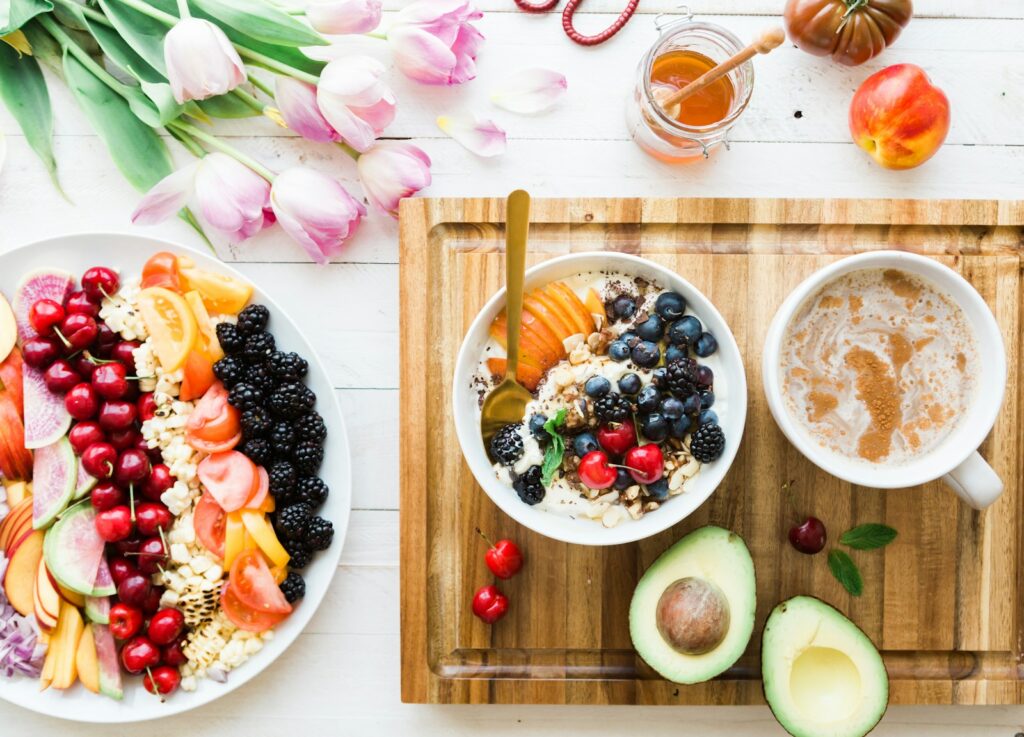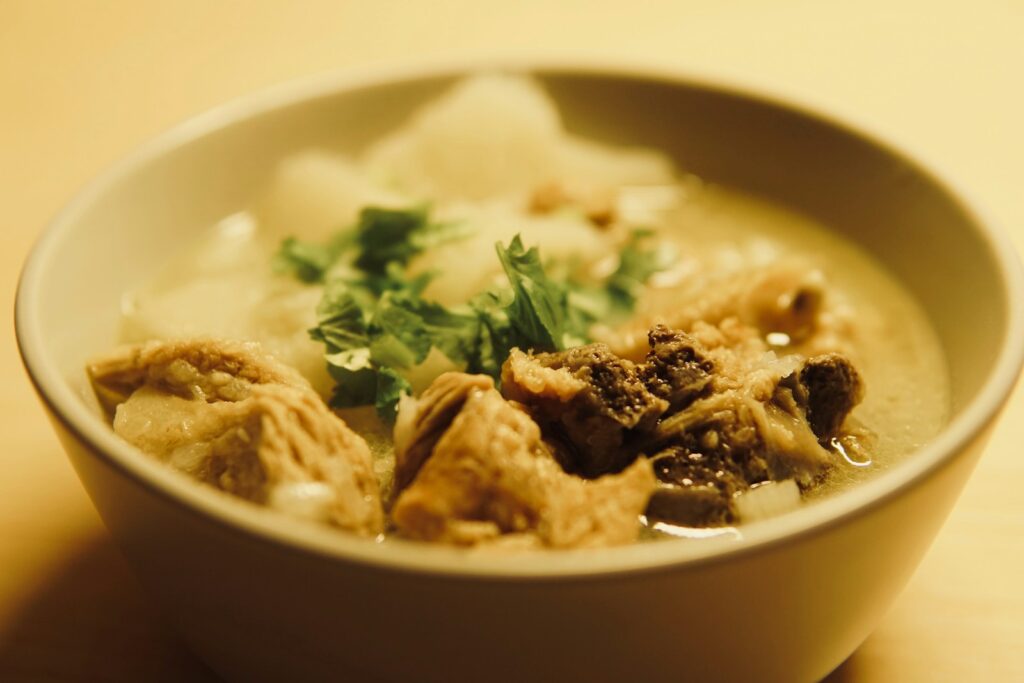It becomes a crucial aspect of their well being to make sure our loved ones receive proper nutrition as they age. Good nutrition is good for supporting physical health, mental health, and it can even help in managing chronic conditions. However, it can become challenging for seniors to maintain a balanced diet, especially the ones who are receiving home care. Here is why nutrition is so important in senior care, and how you can help your loved one in getting the nutrients they need.
Understanding the Nutritional Needs of Seniors
Why Nutritional Needs Change
The bodies undergo many different changes as people age, which can affect their nutritional requirements. The body may not be able to absorb nutrients as efficiently as it once did, as metabolism slows down. Apart from that, seniors might also experience a decrease in appetite, changes in taste, or difficulties in chewing and swallowing, their diet can be affected by these.

Key Nutrients for Seniors
The importance of certain nutrients increases particularly as we age. Calcium and vitamin D, for instance, are crucial for bone health, they can help prevent osteoporosis. For brain function and energy levels the B vitamins, especially B12, are very essential. For digestive health, fiber is important, while for maintaining muscle mass protein is important. A diet rich in these nutrients can help the seniors in staying strong and healthy.
Challenges in Maintaining Proper Nutrition
Due to a reduced appetite or dietary restrictions related to health conditions like diabetes or hypertension, maintaining proper nutrition can become more challenging, making it difficult to maintain a varied diet or consume enough calories. Taste can also be affected by medication. Medication can cause nausea as well, which complicates meal planning. Also, limited mobility can make it hard for seniors to prepare meals or get fresh groceries from the market, which often makes them rely on processed foods that are high in sodium, sugars, and unhealthy fats. Access to fresh and nutritious foods is very important for supporting a healthy diet.
Practical Tips for Improving Senior Nutrition
Incorporate Nutrient-Dense Foods
Prioritize incorporating foods into every meal of yours that are rich in nutrients. These foods will provide a high amount of nutrients relative to their calorie content. Leafy greens, berries, lean proteins like chicken or fish, and whole grains are some examples of such foods. Especially, for those who have difficulty chewing, a great way to pack in fruits, vegetables, and proteins is making smoothies.
Small, Frequent Meals
Try offering smaller and more frequent meals throughout the day to your loved one if they struggle with large meals. This will make the process of eating less problematic and at the same time ensure that they are receiving enough nutrients. Snacks like yogurt, nuts, or a small sandwich are nutritious and very easy to prepare.
Make Meals Social
Oftentimes, eating alone decreases appetite, so make it a social activity to eat. Family dinners, inviting a neighbor over, or even sharing a meal with the caregiver are some of the ways in which you can make it a social activity. The social aspect makes eating more enjoyable and helps in forming better eating habits.
Overcoming Common Nutritional Hurdles
Dealing with Taste Changes
Taste buds become less sensitive as we age, this makes food less appealing. Adding herbs and spices or bringing a variety of texture into meals, can make it more enticing to eat the food. Avoid too much salt in the meals; instead, opt for lemon juice, garlic, or fresh herbs as a natural substitute for salt.
Managing Difficulties with Chewing and Swallowing
Caregivers may be required to prepare softer foods or cut the meals into smaller and more manageable pieces for seniors who are dealing with dental issues or have difficulty in swallowing. Some great options that are easy to eat, while still being nutritious, are pureed foods, soups, and stews.

Supplements as a Backup
In some cases, to ensure adequate nutrition, dietary supplements may be necessary. However, real food should not be replaced by these. Before introducing any supplements you should consult with a healthcare provider to make sure they’re appropriate for your loved one’s needs.
Encouraging a Positive Relationship with Food
Focusing on enjoyment and variety is what it means to encourage a positive relationship with food for seniors. Allowing them to choose the foods they like, by involving them in meal planning can make eating more pleasurable. Also, having visually appealing meals with colorful vegetables and garnishes can stimulate their appetite. It’s important to rotate different proteins, grains, and vegetables to avoid food fatigue, this not only keeps meals interesting but also allows them to get a wide range of nutrients.
For the wellness and health of seniors, especially those receiving home care, good nutrition is fundamental. You can help your loved one enjoy a healthier and more fulfilling life by understanding the unique dietary needs and challenges of the seniors.
在 首護天使, we support families with expert home care services which include personalized meal planning and nutrition support. Visit our services page to learn more about how we can help you ensure your loved one receives the best care and nutrition.


